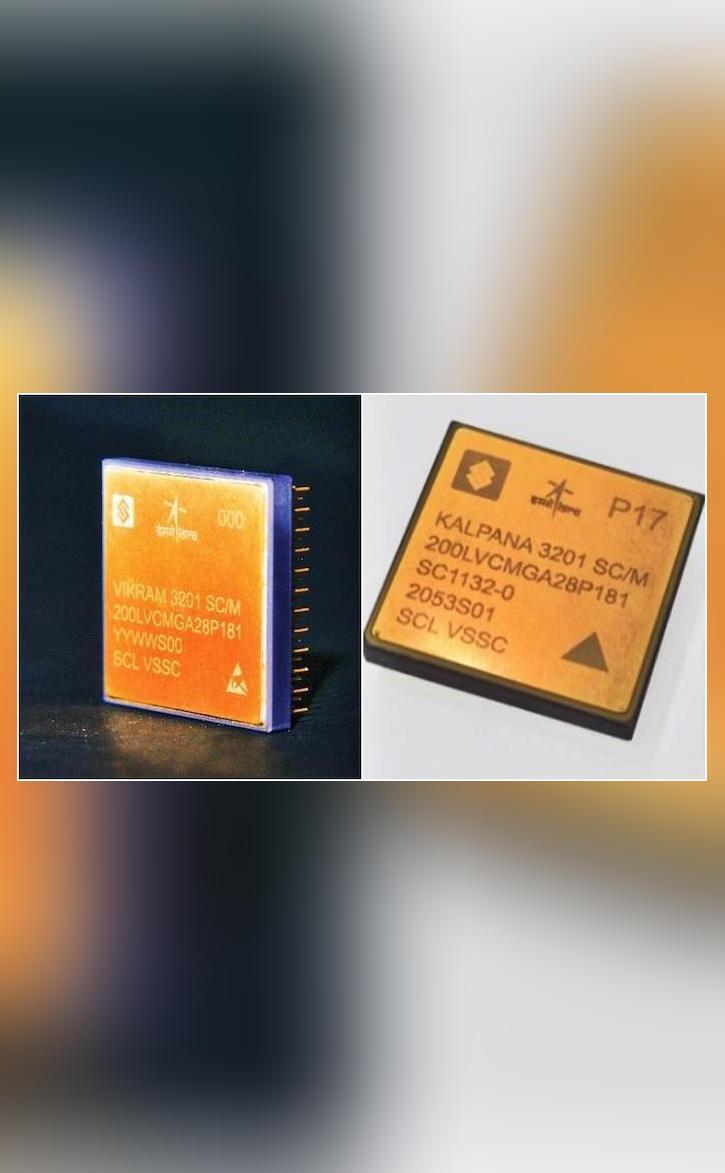
ISRO & SCL Develop 32-bit Microprocessors for Space Applications
The Indian Space Research Organisation (ISRO) and the Semiconductor Laboratory (SCL) in Chandigarh have made a significant breakthrough in the field of microprocessors. The two organizations have jointly developed two 32-bit microprocessors, VIKRAM3201 and KALPANA3201, specifically designed for space applications. This achievement is a testament to India’s growing capabilities in the field of space technology and its ability to develop indigenous solutions for its space programs.
The VIKRAM3201 microprocessor is particularly noteworthy, as it is the first fully “Make-in-India” 32-bit microprocessor that has been qualified for use in the harsh environmental conditions of launch vehicles. This means that the microprocessor has undergone rigorous testing and has been certified to withstand the extreme temperatures, vibrations, and other environmental factors that are encountered during launch and space missions.
The development of these microprocessors is a significant achievement for ISRO and SCL, as it marks a major milestone in India’s quest to develop its own microprocessors for space applications. Until now, India has relied on foreign-made microprocessors for its space programs, which has limited its ability to customize and optimize its systems for specific space applications.
The VIKRAM3201 microprocessor is designed to operate in a range of temperatures from -55°C to 125°C, making it capable of functioning in the extreme temperatures encountered during space missions. It also has a high level of radiation tolerance, which is essential for space applications where radiation can damage electronic components.
The KALPANA3201 microprocessor, on the other hand, is designed for use in spacecraft and satellites, where it will be used to control and monitor various systems, such as power generation and distribution, communication systems, and propulsion systems.
The development of these microprocessors is a result of a long-term collaboration between ISRO and SCL. The two organizations have been working together for several years to develop indigenous microprocessors that can meet the specific requirements of India’s space programs.
The SCL, which is a premier research and development organization under the Department of Electronics and Information Technology (DeitY), has been playing a key role in the development of microprocessors for space applications. The organization has a team of experienced engineers and scientists who have been working on the development of these microprocessors, and has also been involved in the testing and validation of the final products.
ISRO, on the other hand, has been providing the necessary guidance and support to the SCL team, and has also been involved in the testing and validation of the microprocessors. The organization has been working closely with the SCL team to ensure that the microprocessors meet the specific requirements of India’s space programs.
The development of these microprocessors is a significant achievement for India’s space program, and marks a major milestone in the country’s quest to develop its own indigenous solutions for space applications. The microprocessors will be used in various space missions, including launch vehicles, spacecraft, and satellites, and will play a key role in enabling India to develop its own indigenous space capabilities.
In conclusion, the development of the VIKRAM3201 and KALPANA3201 microprocessors by ISRO and SCL is a significant achievement that marks a major milestone in India’s quest to develop its own indigenous solutions for space applications. The microprocessors are designed to meet the specific requirements of India’s space programs, and will play a key role in enabling the country to develop its own indigenous space capabilities.






